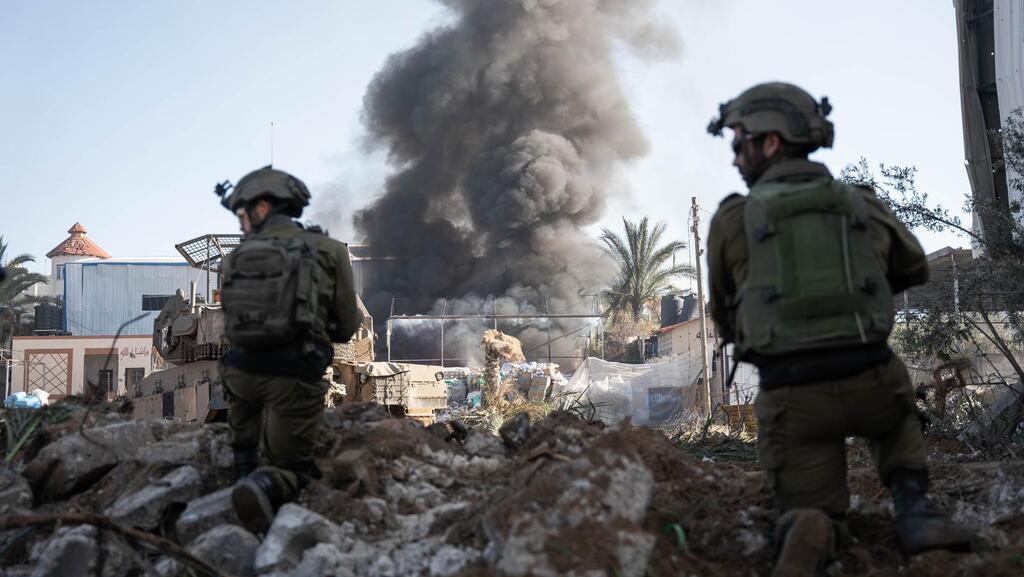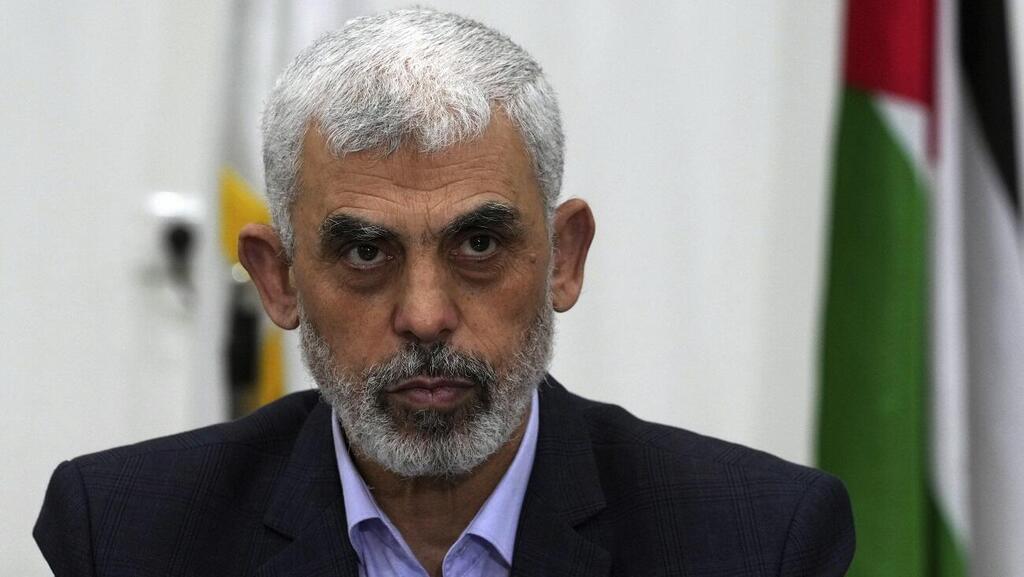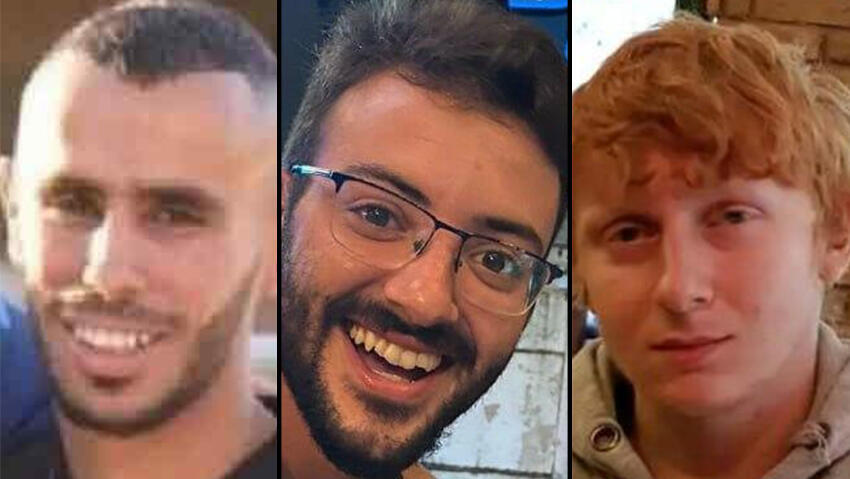IDF Spokesperson Rear Adm. Daniel Hagari’s statement last week on the accidental shooting by IDF soldiers of three hostages who managed to escape from Hamas caused Israel’s now dwindling morale to waver even more. The sentiment also affected television studios and social media platforms, where questions were raised about the advisability of continuing the ground operation in Gaza and the need to expedite efforts for the immediate release of the hostages.
More stories:
Following the statement, hundreds of people gathered in Tel Aviv to demonstrate, including families of the hostages, and many others expressed their dissatisfaction with the government's policy on the pressing issue of bringing the more than 100 Israeli hostages back home.
It is, of course, easy to understand this frustration in the face of such a dire situation and the severe crisis of trust that many Israelis have in the government. However, as we have learned from past experience, a popular protest designed to pressure the government into action on the hostage issue can actually strengthen Hamas' positions and further delay the negotiations.
The significant danger here lies in the images of the demonstration on Friday night in Tel Aviv, which are expected to reinforce Hamas leader Yahya Sinwar's resolve to demand a higher price in future negotiations for a hostage release deal. This is his way, and it is from this kind of protest that he gains more strength. He’s the man who tried to undermine the deal for the release of Gilad Shalit due to his belief that it wasn’t favorable enough for Hamas.
Sinwar, from his hideout in the underground tunnels of Gaza, will continue to try to exploit the hostages’ families as much as possible and will employ many more psychological warfare attacks in the coming days to increase pressure on the government to halt the ground operation. He needs it, as this is what he planned in the first place: For the hostages to give him the time and assurance he needs to avoid being targeted and eliminated.
Therefore, in the coming days, there will likely be many statements made by senior Hamas officials saying that if the Israeli attacks stop, then another hostage release deal could be agreed on. But that doesn’t mean that such a deal will actually come to pass. Sinwar and his companions will specifically try to buy more time to ensure their survival.
And perhaps it’s also necessary to tell the Israeli public and captives’ families the truth: An immediate deal won’t take place. Even if Israel offers the release of all Hamas and Palestinian prisoners in exchange for all Israeli hostages, Sinwar won’t agree to it without a clear international guarantee that he and his associates will be given immunity, and that Hamas will be able to return and rule the Gaza Strip.
There are also a few words that need to be said about the IDF’s ground operation. Despite the great cost of human lives, the danger to the lives of the hostages, and the shifting sense between euphoria and depression in television studios, this move shows results on the ground.
Ultimately, we must remember: if IDF soldiers hadn't opened fire on the three captives in Shijaiyah, most of the focus of this incident would likely be around the clear indication of the dismantling of Hamas and the loss of command-and-control capabilities by the organization's leadership.
It takes time, and it will take an additional time. The widespread ground operation we’re now seeing in Khan Younis may change its face and become based on more targeted and intelligence-based actions but it will continue, and the U.S. government understands and accepts this.
Hamas is paying a heavy price for its decision to launch an attack against Israel on October 7, and it will continue to do so. Additionally, we must also make sure to remember – even in times when the news feeds compel us all to immerse ourselves in the national turmoil – that the State of Israel has no choice but to act until Hamas’ complete elimination.
Israel can’t allow this terror organization, responsible for the greatest disaster in the country's history, to return to power in Gaza. If this were to happen, we would see more and more attempts to carry out actions and attacks reminiscent of that on October 7. Only a determined and consistent action against Hamas can prevent such disasters in the future.






